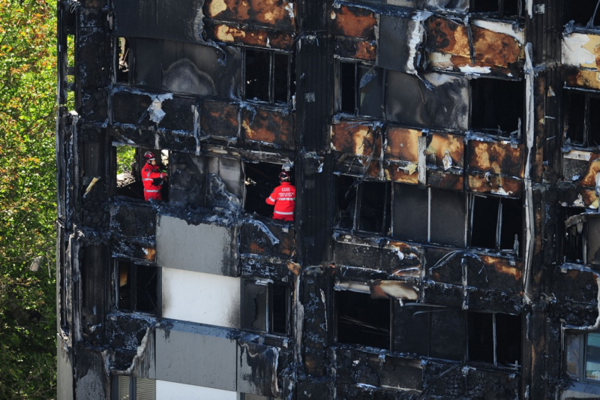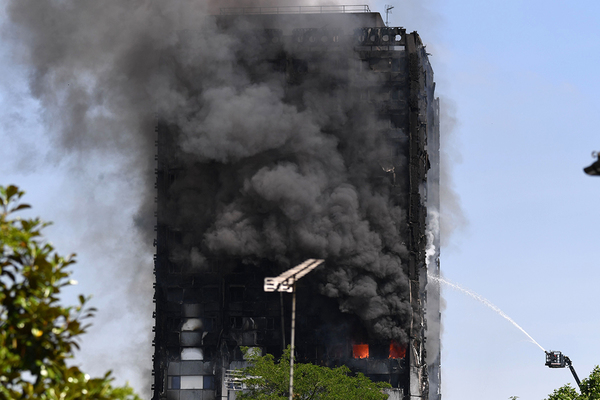You are viewing 1 of your 1 free articles
NHF calls for halt to cladding testing
The National Housing Federation (NHF) has called on the government to halt the testing of aluminium cladding and “shift its focus to making people safe”.
David Orr, chief executive of the NHF, said the results of the testing were “now conclusive”, branding the situation evidence of “a systemic failure in construction, manufacturing and the way that regulation has been applied”.
He called for resources to be made available for the removal of the cladding, saying the cost must not fall on residents of social housing.
“[Aluminum composite material] cladding simply does not pass these tests and is deemed unsafe. Across the country, valuable resources – from specialist equipment to expert time – are being poured into a testing process of which the results are already known,” he said.
“We are calling on government to halt the testing on ACM cladding and shift its focus to making people safe.”
He said it is “highly likely” this will mean the removal of cladding from buildings “including hotels, private sector blocks, hospitals and student accommodation”.
Mr Orr added: “This process has powerfully demonstrated a systemic failure in construction, manufacturing and the way that regulation has been applied. Putting this right will require a strategic look at the issue of fire safety in buildings as a whole, as well as clear prioritisation and funding from government – the costs should not fall on the residents of these properties.”
His comments came after all 120 samples tested by the Building Research Establishment (BRE) on behalf of government failed the combustibility test.
The BRE has been using a device called a bomb calorimeter to burn small samples of the material in a pure oxygen atmosphere.
Following the devastating fire at Grenfell Tower which is known to have killed at least 80 people, the government ordered councils and housing associations to send samples of ACM cladding for testing.
The Met Police has said both the cladding and insulation material attached behind it failed fire safety tests carried out following the blaze, which ripped up the 24-storey building in a matter of minutes.
David Orr’s statement in full:
“Since the tragic fire that took place at Grenfell Tower on Wednesday 14 June, colleagues across the housing sector have been doing everything they can to reassure residents and take action to make homes safer. This includes urgently submitting data and samples to the government’s testing programme.
“These tests were the right thing to do, but the results are now conclusive: ACM cladding simply does not pass these tests and is deemed unsafe. Across the country, valuable resources – from specialist equipment to expert time – are being poured into a testing process of which the results are already known.
“We are calling on government to halt the testing on ACM cladding and shift its focus to making people safe.
“It is highly likely that this means removing the cladding from hundreds of buildings we were assured were safe – including hotels, private sector blocks, hospitals and student accommodation.
“This process has powerfully demonstrated a systemic failure in construction, manufacturing and the way that regulation has been applied. Putting this right will require a strategic look at the issue of fire safety in buildings as a whole, as well as clear prioritisation and funding from government – the costs should not fall on the residents of these properties.”












